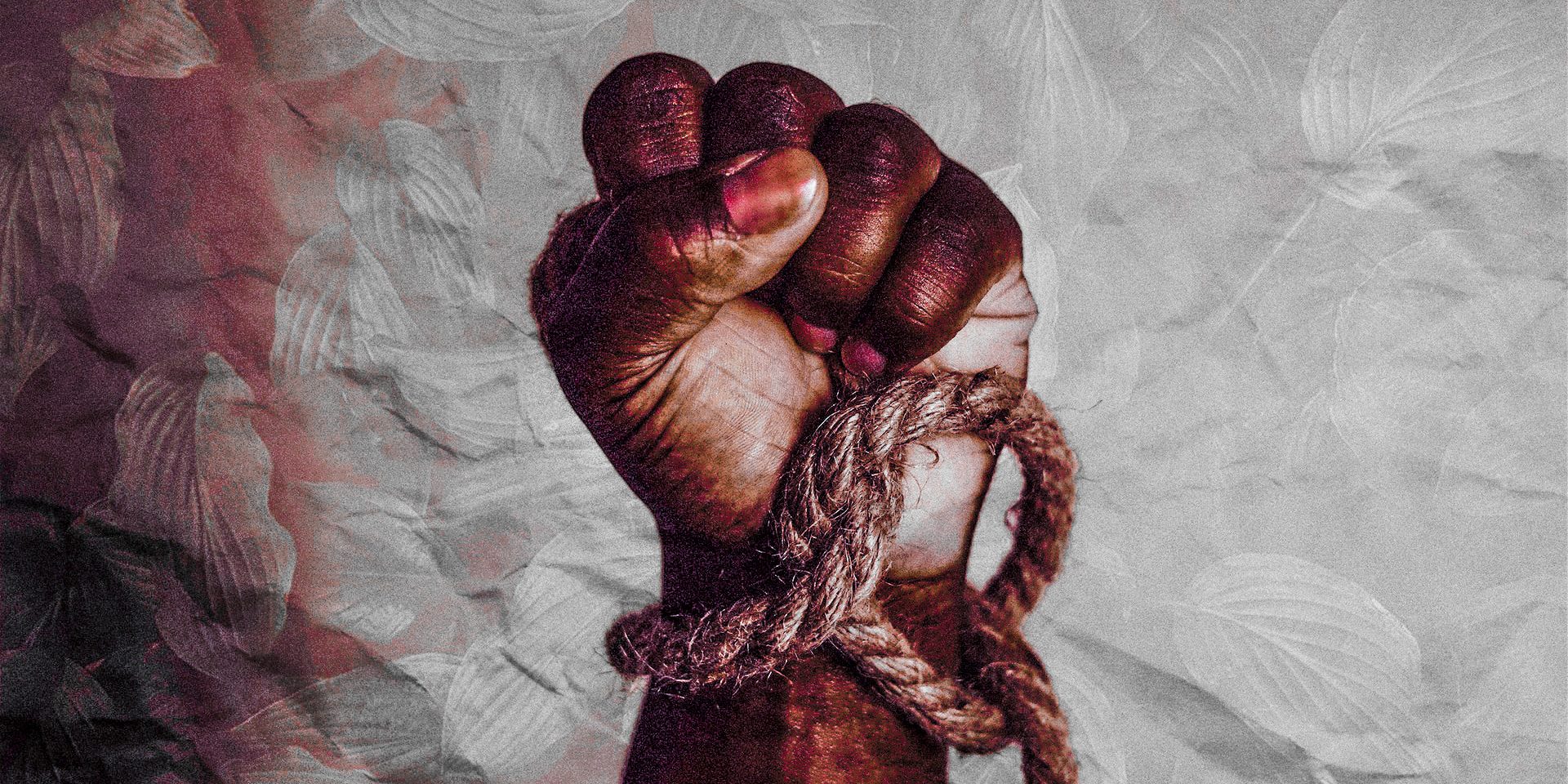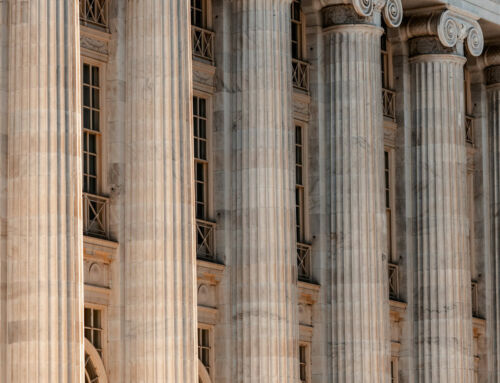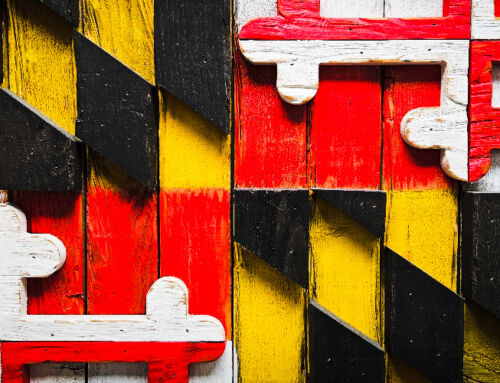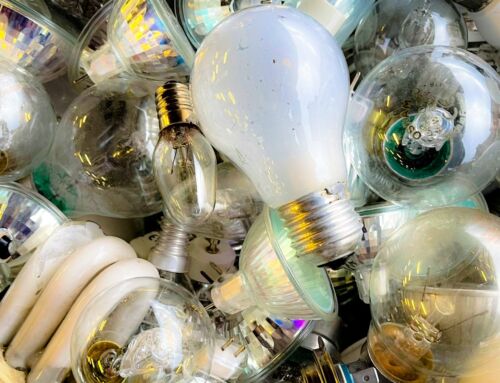View by Topic
Recent Articles
-
Appeals Court Finds Climate Change is Not JusticiableSaturday, May 11th, 2024
-
Colorado Building Energy Performance Standards (BEPS) Laws ChallengedSaturday, May 4th, 2024
-
New Environmental Laws from the 2024 Maryland Legislative SessionSaturday, April 27th, 2024
-
EPA Designates PFOA and PFOS as Hazardous Substances under Superfund LawSaturday, April 20th, 2024
-
Federal Government Finalizes New Efficiency Standards for LightbulbsSaturday, April 13th, 2024
View by Month/Year
“Green Building Law Update” Headlines
Recent Articles & News from
Stuart Kaplow’s blog
at GreenBuildingLawUpdate.com
- Does Federal EPCA Trump Colorado Building Energy Performance Standards (BEPS)? May 5, 2024
- New Environmental Laws in Maryland: 2024 Brings Opportunities for Businesses April 28, 2024
- EPA Takes Action: PFOA and PFOS Now Hazardous Substances Under Superfund Law April 21, 2024
- Shedding Light on the Future: The Evolution of Lightbulbs in the Wake of New Energy Efficiency Standards April 14, 2024
Subscribe to the Green Building Law Update!
Stuart Kaplow brings his expertise and extensive experience to the table with his unique digital publication, "Green Building Law Update". Subscribers receive regular updates to keep them informed about important issues surrounding Environmental Law, Green Building & Real Estate Law, as well as the emerging demand for Environmental Social Governance (ESG).
Get fresh content through the lense of Stuart Kaplow's cutting-edge expertise, innovative commentary and insider perspective. Don't miss another issue! Subscribe below.

Two China Based Companies Banned as a Result of Forced Labor
The increasing number of businesses concerned about modern slavery in their supply chain are paying attention to the U.S. government’s announcement of new enforcement actions “.. to eliminate the use of forced labor practices in the U.S. supply chain and promote accountability for the ongoing genocide and crimes against humanity against Uyghurs and other religious and ethnic minority groups in the Xinjiang Uyghur Autonomous Region.”
The U.S. Department of Homeland Security added two People’s Republic of China based companies to the Uyghur Forced Labor Prevention Act entity list.
Effective August 2, 2023, goods produced by Camel Group Co., Ltd. and Chenguang Biotech Group Co., Ltd. and its subsidiary Chenguang Biotechnology Group Yanqi Co. Ltd. are restricted from entering the United States because the companies participate in business practices that target members of persecuted groups, including Uyghur minorities in China.
Accepting the ongoing hegemonic great power rivalry between the governments of the United States and China, this act is particularly significant for renewable energy because Camel Group, headquartered in Xiangyang City, is among the largest vehicle battery manufacturers in the world and the largest heavy commercial vehicle battery manufacturer. The company is also a leader in the manufacture of energy storage including batteries associated with many home solar power systems.
Of note, Chenguang Biotech Group, headquartered in Handan, produces plant based extracts, food additives, natural dyes, pigments, and supplements from agricultural products; and, is the largest processor of paprika on the planet and also among the biggest makers of red pepper essence which is used in processed food in the United States from frozen pizza to pasta sauce.
These enforcement actions demonstrate the U.S. government’s “.. commitment to holding organizations accountable for their egregious human rights abuses and forced labor practices,” according to Secretary of Homeland Security Alejandro N. Mayorkas. “We will continue to work with all of our partners to keep goods made with forced labor from Xinjiang out of U.S. commerce while facilitating the flow of legitimate trade.”
And while this post describes federal government action, most of the activity we are seeing to protect human rights including substantive human rights standards and ethical purchasing practices are in company contract documents, be it supply contracts, purchase contracts, and similar writings for the purchase of goods and materials. In their simplest form clauses are being inserted in increasing numbers of business contracts many beginning something like, ..
Buyer and seller each covenant to establish and maintain a human rights due diligence process appropriate to its size and circumstances to identify, prevent, mitigate, and account for how each of buyer and seller addresses the impacts of its activities on the human rights of individuals directly or indirectly affected by their supply chains, consistent with the 2011 United Nations Guiding Principles on Business and Human Rights ..
The practical effect is that beyond the requirements of federal law, a groundswell of companies acting on moral grounds are not installing Xinjiang Uyghur Autonomous Region sourced solar panels (that may have been imported before or have circumvented the ban). The moral equivalence of U.S. companies and individuals installing solar panels created with government sponsored modern slavery to remedy the ills of climate change, has in the last year shifted sharply in favor of Americans doing the right thing for those in forced labor from Xinjiang.
The federal government began enforcing the UFLPA in June 2022. Since then it has reviewed more than 4,600 shipments valued at more than $1.64 billion under the UFLPA, the single largest category of which have been electronics, and as we blogged some weeks ago, More Than 1,000 Shipments of Solar Panels Seized at the Border.
“The Forced Labor Enforcement Task Force continues to send a strong message to industry that the United States will not tolerate forced labor in our supply chains and that we will always stand up against cruel and inhumane labor practices,” according to the chair of the Forced Labor Enforcement Task Force, Under Secretary for Policy Robert Silvers. “We are committed to the eradication of forced labor around the world.”
Modern slavery and its alternative identity, forced labor, is also claimed against China based companies that control the majority of cobalt and copper mines in Congo where the mining of those key minerals used in electric vehicle batteries uses forced labor and exploits children, including the company Sicomines that is in the supply chain of batteries in popular U.S. sold electric vehicles.
We would be pleased to assist your business in complying with human rights laws and more than that, for those that want to be among the winning companies of the future, we would truly be honored to share practical steps and best practices in anti modern slavery supply chain efforts as we all work to repair the world.
A live webinar “Offsets and RECs for Reducing Your GHGs” 30 talking points in 30 minutes, Tuesday, August 15 at 9 am ET presented by Stuart Kaplow and Nancy Hudes on behalf of ESG Legal Solutions, LLC. The webinar is complimentary, but you must register here.









